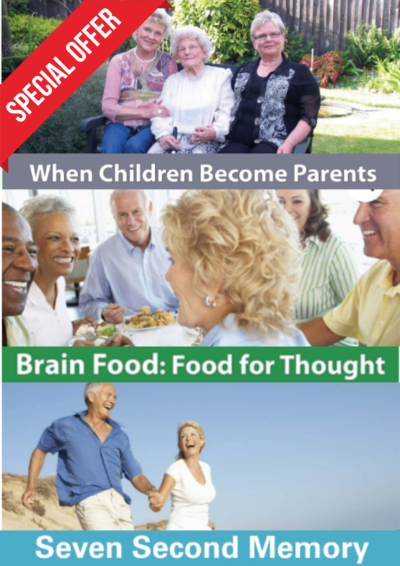Why are so many people these days doing crosswords and Sudoku?
Who cares about brain fitness? Is it just ‘the latest thing’? or does it really matter?
At a recent international conference of brain and memory professionals, it was reported 84% of the 3165 people who took part in a 2012 survey agreed or strongly agreed that:
“Adults of all ages should take charge of their own “brain fitness” without waiting for their doctors to tell them to,” and
78% agreed or strongly agreed with “I would personally take a brief assessment every year as an “annual mental check-up.”
So many in the 50+ age group know of someone who has Alzheimer’s or another form of dementia and NO-ONE wants that for themselves. Brain fitness, physical fitness and healthy eating all have a positive correlation with delay or prevention of memory disorders in later life.
The growing awareness of the importance of brain fitness in a personal, overall health strategy means taking active steps to include brain challenges in daily life. It used to be thought that brain cells were lost forever with ageing and it is relatively new knowledge that neuroplasticity allows brain cell growth at all stages of our lives, if there is a reason for the brain cells to grow.
Providing this reason for growth is the best possible reason for adults to focus on brain fitness. It works!
And it has positive outcomes across the lifespan to optimize health, productivity and quality of life.
At the Memory Foundation, we believe everyone has a personal responsibility to do everything possible to keep the brain and memory intact.
Your family will thank you for it!
There is a difference between brain training and brain stimulation with jigsaws and Sudoku though.
Check out our books and brain training courses – take action today.





